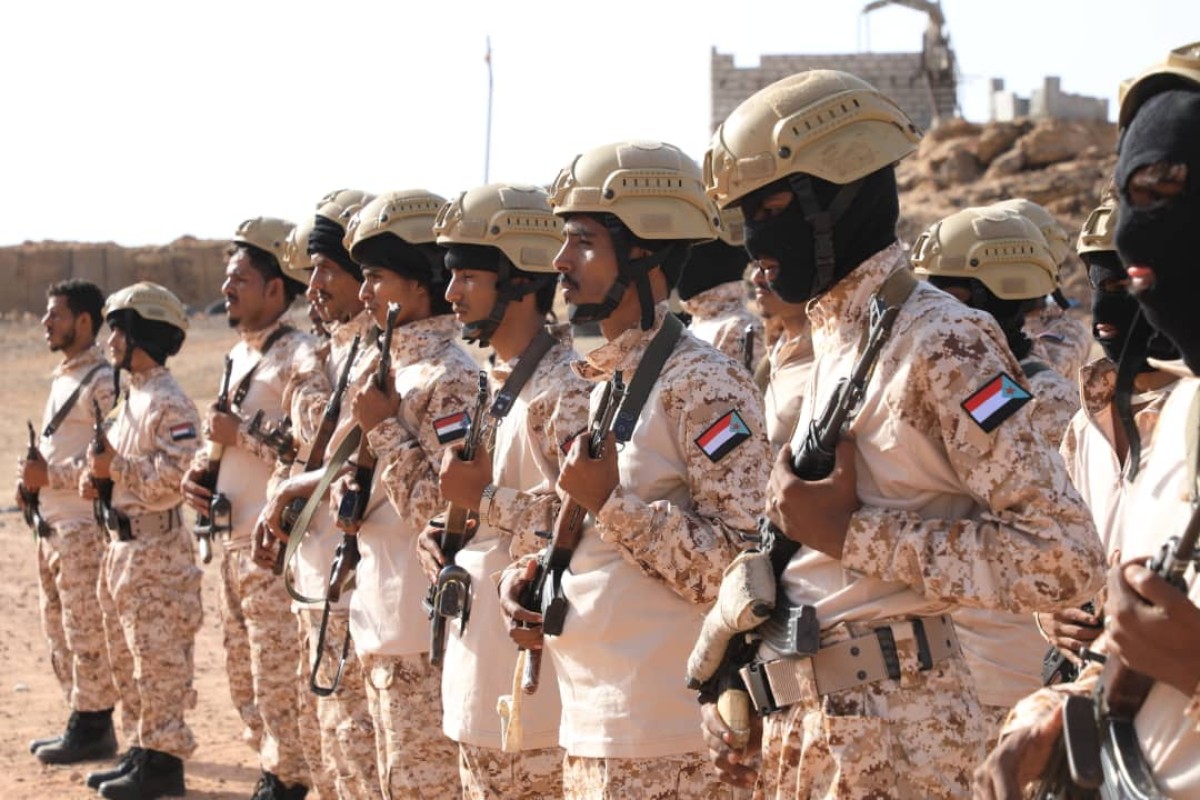Southern journalist: The STC sought to return to power at the expense of the south


Southern journalist Jamal Haidara accused the Southern Transitional Council of striving to return to power, using the south as a means to achieve this.
Journalist Haidara points out in his article that the Transitional Council submitted employment applications to 70% of its members in important facilities in the country, which was rejected by the government and the presidency on the grounds that most of the candidates do not meet the minimum standards for filling positions.
He adds that this matter prompted the STC to threaten to expel the government from Aden, taking advantage of the state of popular tension due to the power outage and the deterioration of living conditions.
According to the journalist, the government pays 150 billion riyals per month to the transitional government, in addition to leaving the revenue funds in the southern governorates to it.
He confirms that the STC seeks to fully acquire and trade in lands and real estate, and also practices marginalization and exclusion against southerners who do not belong to it.
Journalist Haidara believes that the STC failed to separate between being a southern political component that claims to represent the south, and being part of the ruling authority.
It is also believed that the STC prevented its expansion towards the eastern governorates because of people’s concerns there about a repeat of the Aden scenario.
Journalist Haidara added that the transitional government relies on the smoke bomb strategy in order to pass some decisions and share the government’s funds with the government.
Haidara pointed out that the Yemeni government stands in a gray area regarding crises and living conditions, pointing out that it cannot be exempted from its responsibilities towards the citizen who was unable to impose a fait accompli policy on the part of the transitional party, and this dilemma is added to the position of the coalition countries as it is the financial umbrella for the government and the transitional party together.< /p>
Haidara said that the government also abandoned the military and security aspect regarding combating terrorism, while the southern forces took responsibility and entered into a long-term war of attrition during which a large number of southern martyrs fell, and they are still on the battlefield against terrorism until this moment.
To read the text of the article Click